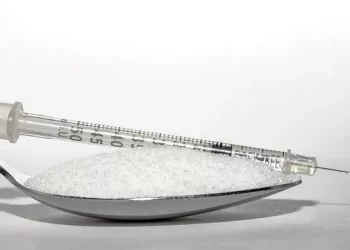The Breakthrough T1D initiative is now accepting applications for research focused on enhancing the diagnosis of adult-onset type 1 diabetes (T1D), with a special emphasis on identifying the disease in its early stages.
Key Areas of Interest:
-
Immune Activation and Autoimmunity
-
Islet Pathology and Beta Cell Function
-
Autoantibodies and Biomarker Validation
-
Diagnostic Tools and Accuracy in Misdiagnosis
-
Epidemiology Studies
Scope of the Research Focus:
The RFA invites research aimed at improving early diagnosis and understanding of adult-onset T1D.
Studies that advance understanding of immune activation, autoimmunity, and biomarkers are particularly encouraged.
Exclusions:
Studies focused on genetic risk of adult-onset T1D should refer to the related RFA titled “Advancing Genetic Risk Assessment for Type 1 Diabetes.”
Pediatric T1D studies without relevance to adult-onset T1D.
Research that primarily involves recruitment and monitoring of adults to study the natural history of T1D.
Studies on disease progression after clinical diagnosis or research on environmental triggers.
Testing of beta-cell regenerative therapies.
Basic animal model research with no direct human clinical relevance.
Funding Information:
Up to $900,000 in grants, with funding for a period of up to 3 years.
Open to both non-profit and for-profit entities such as academic institutions and industry partners.
Eligibility Criteria:
Applications are invited from both domestic and international non-profit organizations, including universities, hospitals, research institutions, and governmental agencies.
Applicants must hold an M.D., D.M.D., D.V.M., Ph.D., or equivalent, and have a faculty or research position at an academic or medical institution.
For-profit entities, including those in collaboration with academic researchers, are also encouraged to apply.
Clinical studies require applicants to have an appointment in a subspecialty of clinical medicine and a focus on human clinical research.
Diversity and Inclusion:
Breakthrough T1D encourages applications from women, individuals with disabilities, and underrepresented minority groups in the sciences to foster diversity among applicants and awardees.
How to Apply: Interested applicants should submit their proposals by the June 10, 2025 deadline. For more information on eligibility and application instructions, please refer to the official funding guidelines.
Would you like to explore more about the specific research topics or the application process?
Related topics:
What Do Blood Glucose Numbers Mean?
























